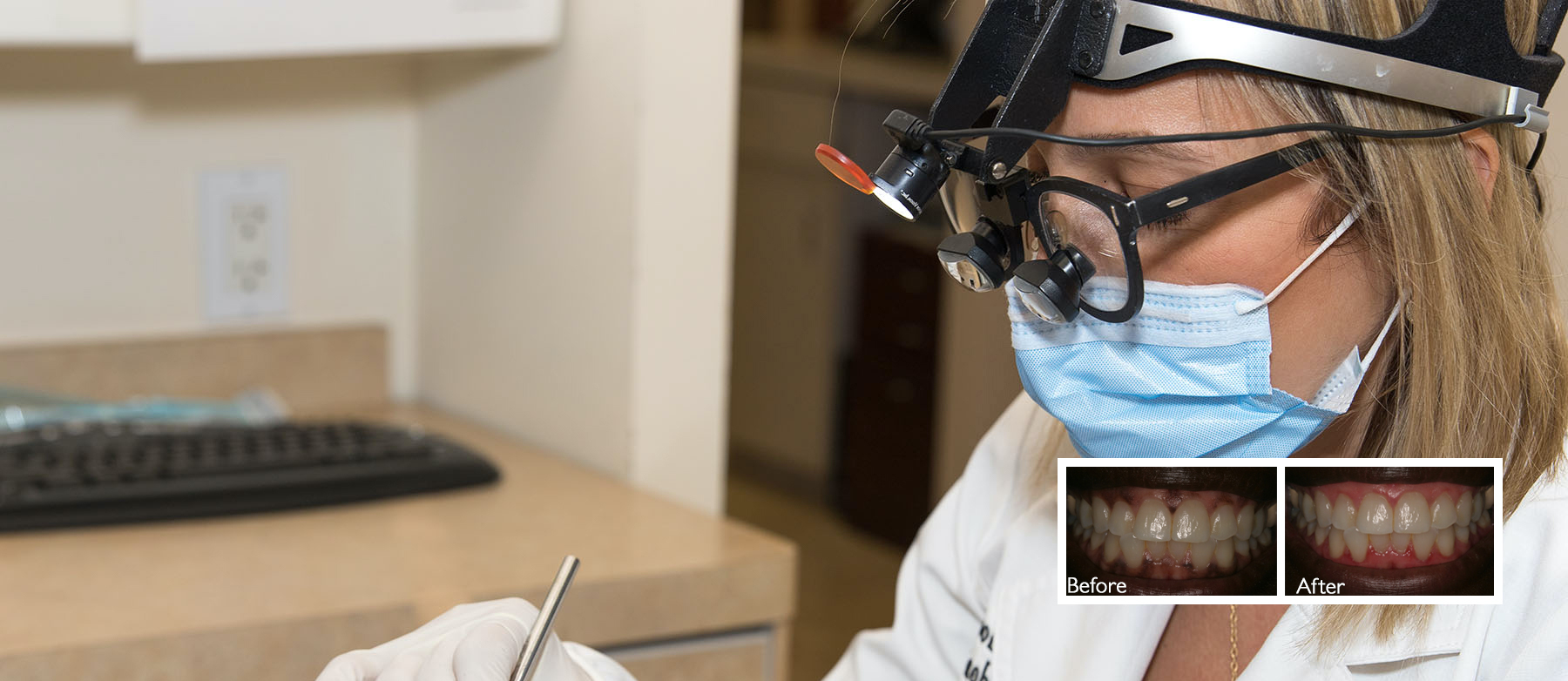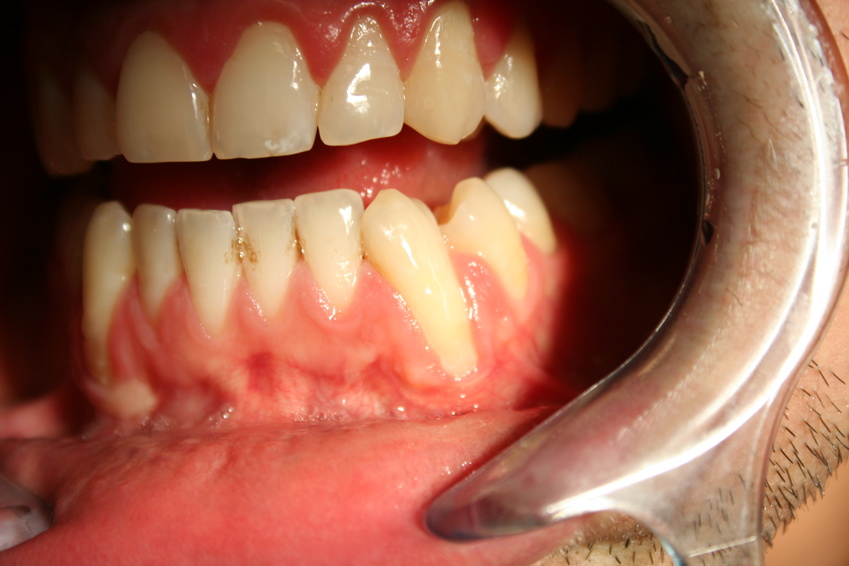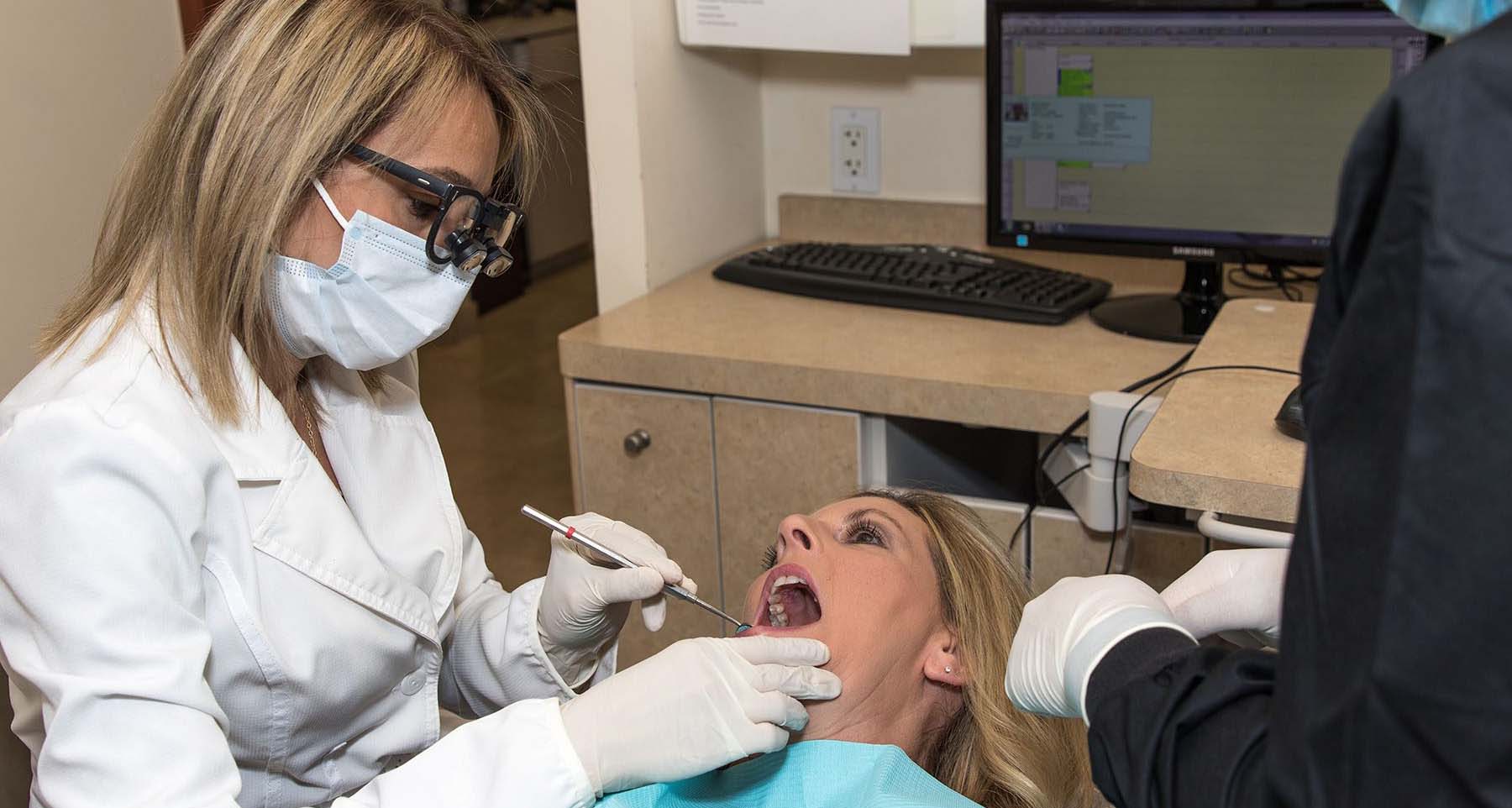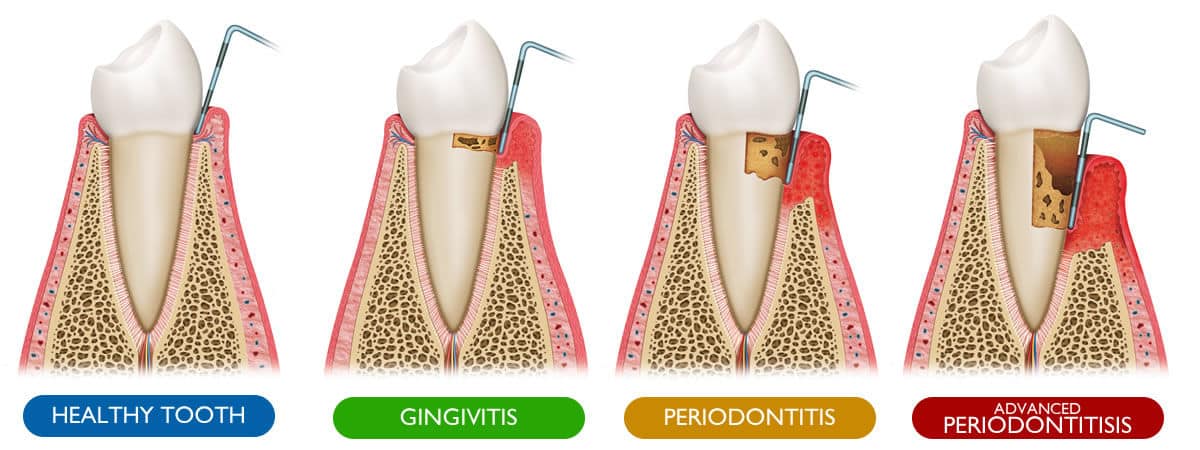A smile can make or break a first impression. We all know how important a smile can be, which makes periodontal disease that much scarier.
Regardless of how careful you are with your teeth, tooth diseases can take anyone by surprise. Ranging from annoying to painful, some common diseases target millions worldwide.
If your teeth keep bleeding, or if you suffer from painful bleeding gums, you’re not alone. Bleeding gums are usually a sign of a deeper problem like gingivitis. However, this condition affects millions of people around the world.
As with any disease, try to understand the causes behind your condition. Once you know what’s causing swollen gums or bloody teeth, you can look for a solution.
Understand the causes, identify your specific condition, and seek help from a trusted professional. The right dentist will get your teeth and gums feeling happy and healthy in no time at all!
What Are Bleeding Gums?
Bleeding gums affect around 47% of American adults every year. While the root causes may vary wildly between cases, most of the end results are the same.
If you notice blood on your teeth after brushing, or if you notice frequent gum bleeding, talk to your dentist. Most gum diseases are not life-threatening on their own. However, if left untreated, they can lead to complications that may be more serious.
The biggest issue with bloody gums or bloody teeth is that they hurt your ability to keep your mouth clean. An open wound or sore in the mouth is never a good thing, and it often leads to a higher risk of infection.
Frequent gum bleeding can also greatly impact your overall quality of life. The pain associated with this condition can make eating or drinking difficult. You may also struggle with foods or beverages with extreme temperatures.
As a general rule, any time you noticed increased bleeding in your mouth, get it checked out. Regardless of the underlying cause, getting a professional opinion will give you a greater peace of mind. You will also be able to look into treatment plans and move forward without pain!
Of course, even if you are in perfect health, you may notice a little bit of blood after brushing your teeth. This is normal and is usually not a sign of an underlying medical condition. Instead, this may just be your sign that it’s time to get a new toothbrush!
However, if you notice an unusual amount of blood throughout the day, you may have a problem. In that case, talk to your dentist immediately. Swollen or painful gums are often a sign of a deeper issue. Most gum problems go unnoticed for too long and are only treated when they become painful.
What Causes Bleeding Gums?
Gingivitis is the leading cause of bleeding gums. Overall, gingivitis is actually the most common form of periodontal disease. Unfortunately, the gingivitis’s cause is usually a lack of dental hygiene.
As plaque builds up on the teeth, the body’s natural immune system kicks in and tries to ward off any bacteria. Dental plaque naturally produces chemicals that build up in the gaps between teeth. The body reacts to these chemicals by triggering an inflammatory response.
As a result, the gums will start to swell and become painful and bright red. Any aggravation to the gums during this stage of the disease will result in blood and discomfort. If the gums tear or puncture, the higher risk of infection will lead to a stronger inflammatory response. This means that the gums and teeth keep bleeding and become increasingly sensitive.
While gingivitis is one of the most common bleeding gums causes, it is not the only cause. If you are pregnant, you may notice frequent gum bleeding or bloody gums, despite your careful tooth-brushing routine.
Certain medications may also be one of the leading bleeding gums causes. If your teeth keep bleeding after switching to a new medication, check with your doctor for alternatives. Blood thinners, in particular, are often linked to bloody gums.
So what does bleeding gums mean? It may be a sign of improper dental hygiene, or it may be a more unusual explanation. If you are not pregnant or starting a new medication, however, the simplest explanation is often the right one.
Again, bleeding gums affect a wide range of people. From Los Angeles to Liverpool, hundreds of millions of people deal with this issue daily. If your gums are starting to hurt or if you’re tired of dealing with bloody gums, seek help as soon as possible.
What Happens if I Don’t Treat Bleeding Gums?
Because bleeding gums causes generally flow from improper dental hygiene, it may be tempting to forego treatment. Many people believe that by increasing their brushing, they can fix the problem on their own.
However, if you find yourself dealing with bloody teeth or bleeding gums, talk to a doctor. Bleeding gums are not very dangerous on their own, but they leave you vulnerable. Your chances of contracting a more severe periodontal disease increase dramatically.
Gingivitis, on its own, will not damage the teeth or bones of the mouth. It may leave your mouth feeling sore and swollen, but your teeth can recover with proper treatment.
If left untreated, however, gingivitis can develop into periodontitis. Periodontitis is like a stronger, nastier version of the periodontal disease. The gums start to shrink away from the teeth and the bleeding and pain start to increase.
In the most extreme cases of periodontitis, your teeth may start to loosen and fall out. Throughout the course of the disease, your mouth will be extremely sensitive. You may also struggle with severe bad breath.
If left untreated, bleeding gums can also result in the formation of gum abscesses. Pockets of blood and push can swell up between the teeth and gums, making the mouth even more sensitive. Dental surgeons often have to incise and drain these abscesses.
In any situation, if you have concerns about your mouth’s health, get it treated right away! Gum disease treatment is available no matter where you are, and will save you a lot of time and energy.
As a rule, it’s always better to get your mouth checked out as soon as possible. By postponing any treatment, you are only prolonging the inevitable. In addition, you may be opening yourself up to the risk of a much more serious disease.
What Are My Treatment Options?
The most effective gum disease treatment or gum recession treatment is regular cleanings. As mentioned previously, most gum problems are a result of a failure to properly clean your teeth. As a result, you can solve these same gum problems by regularly and completely cleaning your teeth.
Los Angeles is home to a multitude of talented dentists and dental surgeons who can help you out. Gum disease treatment still relies on making sure your teeth are squeaky clean. Your local dentist can help you clean out the trickiest spots and make sure that your gums are safe.
If your bleeding gums are a little more severe, your dentist may suggest gum recession treatment. Your dentist will remove any built-up plaque and clean below the gum line. In more extreme cases, you may need surgery to stop bone loss.
Unfortunately, no gum recession treatment can completely recover lost bone tissue. This is why it’s so important to get your gums checked out as soon as possible. By going in to your dentist at the earliest possible opportunity, you won’t have to worry about drastic measures.
No matter what your dentist does, you will need to keep up a regular tooth-brushing schedule on your own. If plaque grows back, you may find your bleeding gums becoming a recurring issue.
Overall, most gum disease is easy to fix. By cleaning your teeth and clearing away any dangerous buildup, your dentist can keep your smile shining. It’s imperative that you get any concerns addressed as quickly as possible.
Postponing can hurt your smile, but a quick checkup can get your pearly whites back in action!
If you or someone you know in the Los Angeles area suffers from bleeding gums, you don’t have to suffer alone. Dr. Delaram Hanookai and her team of periodontal experts can help find a cure for your condition.
Gingivitis can be a pretty scary-sounding periodontal disease, but there is a way out. Dr. Delaram Hanookai has over 15 years of experience as a doctor of dental surgery. She and her team of experts will work with you to find the cause for your bleeding gums and fix them.
Nearly fifty percent of American adults suffer from some form of periodontal disease. There’s no shame in seeking help, and it’s good to get answers sooner rather than later.
By postponing treatment for your bleeding gums, you may risk developing a more serious condition. Check in with Dr. Delaram Hanookai today, or find a dental surgeon near you as soon as possible!









